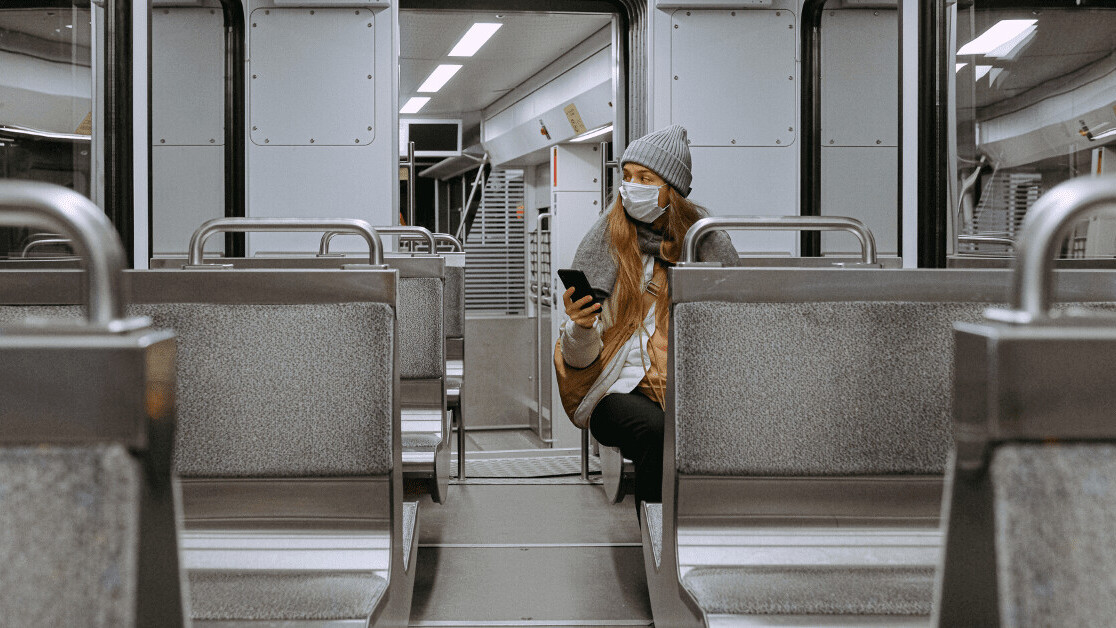In an effort to ease lockdown restrictions, the UK government is considering issuing immunity passports that show someone can return to work. Supporters of the idea argue that it will help restart the economy, but health experts believe it’s fraught with risks.
Chief among their concerns is the testing for immunity. Immunity passports would rely on antibody tests that show someone has recovered from the infection. But scientists still don’t know how long someone remains immune to the coronavirus — or even if they can become immune at all.
As the World Health Organization warned in April:
There is currently no evidence that people who have recovered from COVID-19 and have antibodies are protected from a second infection.
Onfido, an ID verification firm that’s in talks with the government, believes a digital immunity passport can solve this problem, as it can be updated whenever new evidence emerges.
[Read: This AI tool identifies the most promising COVID-19 research]
The company has proposed binding an immunity certificate to a digital identity in an app.
To verify their identity, the user would take a selfie and another photo of a government-issued form of identity, such as a driving license. A facial recognition system would then scan the images to confirm they match. Their identity would then be linked to their test result.
When the user arrives at their workplace, they take another selfie to unlock a QR code in the app, which is scanned at reception. If the test result says they’re immune, they’re free to work. And when scientists make new discoveries on immunity, the system will be adjusted.
“Let’s say in January, there’s a set of tests that are carried out, and then in February, it transpires that those tests were faulty,” Onfido CEO Husayn Kassai told TNW. “With a digital system, you can just make those void.”
Kassai envisions using a traffic light system to reflect changing views on the virus. If the test results in the passport are later deemed unreliable, the passport could switch from green to amber to indicate another test is needed.
That adaptability may make digital immunity passports more attractive than paper ones, but they will only be as reliable as the testing procedures. And if the tests are trusted, people will take some seriously desperate measures to get the right results.
An ethical minefield?
Immunity passports risk dividing society into the free and homebound, which could have alarming consequences. As the Scientific Pandemic Influenza group on Behaviors, (SPI-B), which advises the UK government on public responses to lockdown measures, warned last month:
If a test result is a requirement for a resumption of work, strategies to ‘game’ the system may arise. These include people deliberately seeking out infection or attempting to purchase a fake test result, commercial organizations selling unapproved tests, or approved tests becoming available through private organizations at prices that make them unavailable to most.
Kassai admits that this is “a legitimate concern” but believes immunity passports will nonetheless benefit the public’s safety — as long as the data is secure.
Onfido plans to do this by creating a private server for each individual that enrolls, so no government or third-party can access the data and any breach will only affect a single person. To minimize the damage that such a breach would do, the system will only collect test results and photos.
“They only need to know the results and they only need to know that it belongs to you,” said Kassai. “They don’t need any of your other personal information.”
Kassai says that a few businesses will soon announce they’re using the system, but admits that public sector organizations will be slower to implement it. With so much uncertainty remaining about immunity to COVID-19, let’s hope they’re not in too much of a rush to get us back to work.
Get the TNW newsletter
Get the most important tech news in your inbox each week.





